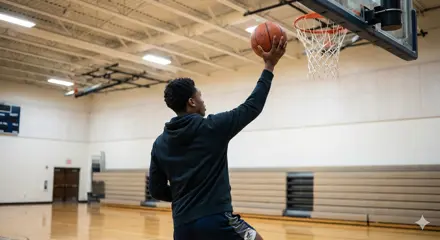
Blog
Comment: I’m a professional rugby player, this is why governance matters for players and the game
Professional rugby player and Chair of the RPA Men’s Rugby Board, Max Lahiff reflects on why governance matters to players, how it shapes decisions on welfare and sustainability, and why strengthening governance capability is essential to the future of the game.

Blog
Comment: Governance is rising in East Africa, and the opportunities have never been greater
Barbara Daisy Nabuweke is the Company Secretary at the East African Crude Oil Pipeline (EACOP) Limited . In this comment article she shares her career pivot from law into governance and why now is the perfect time to pursue a career in the industry.


Blog
Comment: Results day was a defining moment in my career
Tom Llewelyn is Company Secretary and Head of Governance at The Cambridge Building Society. He recently completed The Chartered Governance Institute’s Qualifying Programme and in this comment piece, he shares his journey into the world of governance and why completing the QP was transformative for his career.

Blog
Formula One governance agreement 2026
Formula One’s 2026 Concorde Agreement has quietly reshaped the sport’s power structures by separating commercial terms from governance for the first time. The move reflects growing pressure on the FIA and F1 to demonstrate transparency, accountability and faster decision‑making.



Blog
Moving the goalposts? Governance lessons from football’s high-profile managerial exits
High profile exits at Manchester United and Chelsea have thrown football’s governance into sharp relief. Under intense financial and reputational pressure, unclear roles, blurred oversight and weak challenge mechanisms can destabilise clubs. A new regulator raises baseline standards, but only disciplined governance behaviour and culture can keep organisations resilient.


Blog
Can governance reform restore confidence in UK Universities?
UK universities face intense scrutiny and financial strain. This blog examines how governance reform, anchored in the forthcoming revision of the CUC Higher Education Code of Governance, can strengthen assurance, clarify roles and rebuild confidence across a diverse sector.

